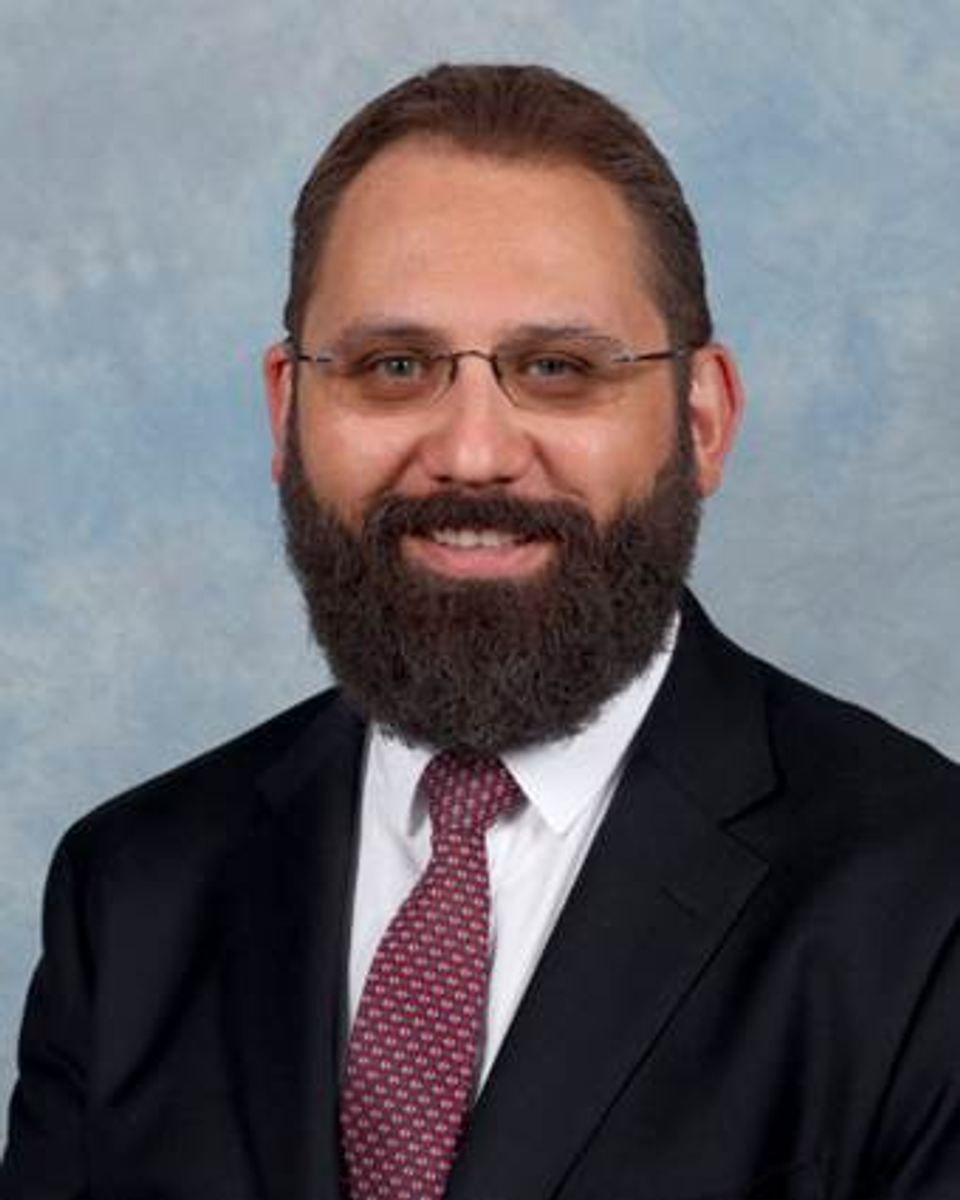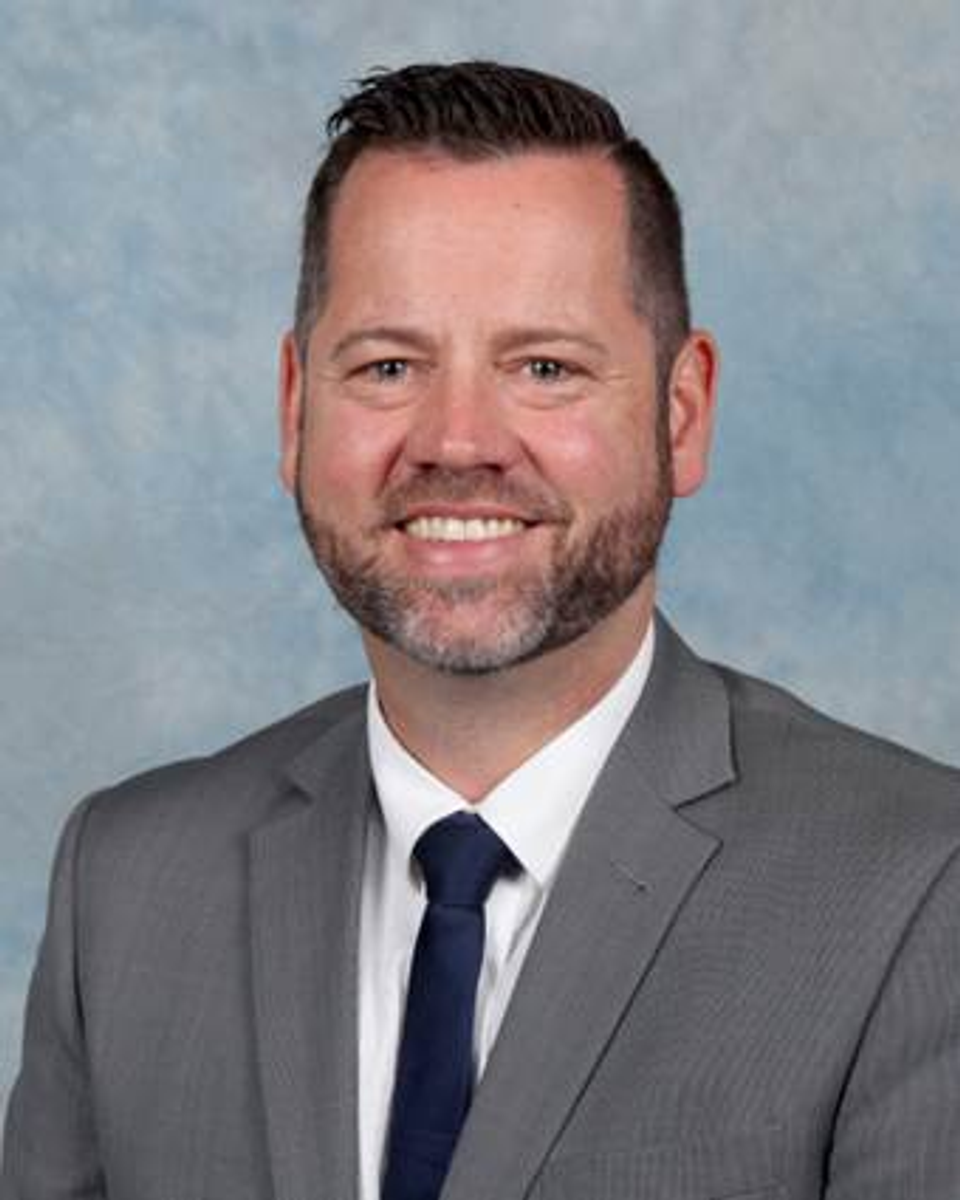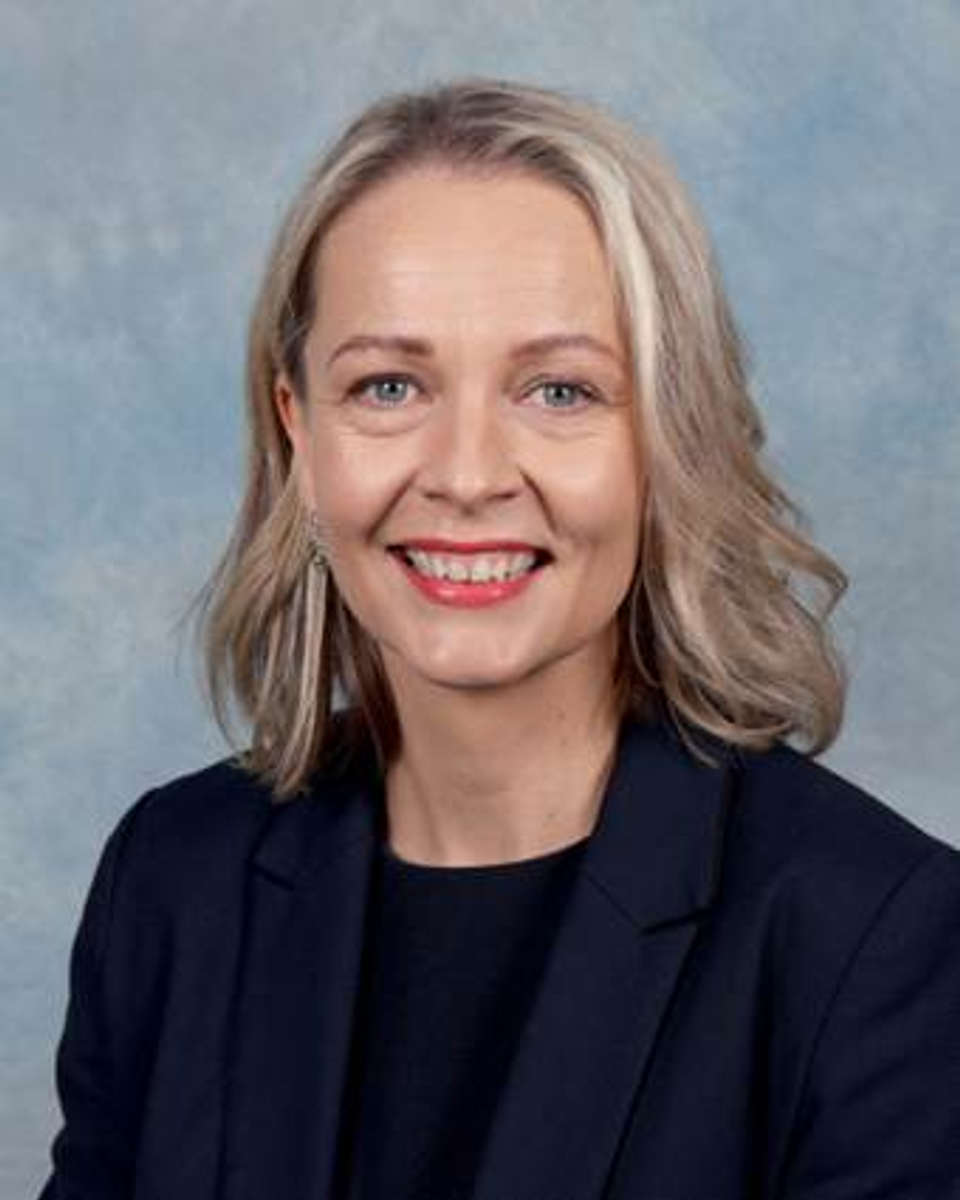Child Safety

Oxley Christian College prioritises the safety and wellbeing of each student. Our Child Safety Standards guide our procedures and practices.
The College is committed to providing environments where students are safe and feel safe, where their participation is valued, their views respected, and their voices are heard about decisions that affect their lives. College child safe policies, strategies and practices are inclusive of the needs of all children and students enrolled at the College.
The College has no tolerance for child abuse and takes proactive steps to identify and manage any risks of harm to students in College environments.
Below are some details about resources to assist the College in maintaining a child safe culture.
Child Safety and Wellbeing Policy
The Oxley Christian College Child Safety and Wellbeing Policy demonstrates the College’s commitment to creating and maintaining a child safe and child-friendly organisation, where children and young people are safe and feel safe. The policy provides an overview of the College’s approach to implementing Ministerial Order No. 1359 which sets out how the Victorian Child Safe Standards apply in school environments. The College is grateful for the opportunity to receive feedback from the College community on this policy. A copy of this policy is available on the College’s Child Safe Standards webpage on the College website.
Child Safety Code of Conduct
The College Child Safety Code of Conduct sets the boundaries and expectations for appropriate behaviours between adults and students. It also clarifies behaviours that are not acceptable in College physical and online environments. The Child Safety Code of Conduct also includes processes to report inappropriate behaviour. A copy of this document is available on the College’s Child Safe Standards webpage on the College website.
Child Safety Reporting Process Guideline
Oxley Christian College fosters a culture that encourages the College community to raise concerns and complaints. This makes it difficult for breaches of the code of conduct, misconduct or abuse to occur and remain hidden. The Child Safety Reporting Process Guideline supports members of our College community to report any concerns. This resource is available on the College’s Child Safe Standards webpage on the College website.
Child Safety Roles and Responsibilities
Child safety is a shared responsibility. Every person involved in the College has a role in promoting child safety and wellbeing and promptly raising any issues or concerns about a child’s safety. Below are some of the key roles and responsibilities at Oxley.
Senior Child Safety Officer
Mr James Avram, Deputy Principal – Head of Senior School is the College Senior Child Safety Officer. The Senior Child Safety Officer is the first point of contact for child safety concerns or queries, and for coordinating responses to child safety incidents.
Child Safety Officers
Ps Matt Daly
(03) 9727 9959 mdaly@oxley.vic.edu.au
Mrs Danielle Bruce
(03) 9727 9928
The Board of Elders and Directors of Life Ministry Centre Ltd has appointed Danielle Bruce and Matt Daly as Child Safety Officers for Oxley Christian College. The Child Safety Officers assist both children and adults who may have concerns in relation to child abuse and child safety.
College Council
In performing the functions and powers given to them under the Education and Training Reform Act 2006, College Council members will:
- embed and promote a child safe culture with the broader College community;
- ensure that child safety is a regular agenda item at Council meetings;
- monitor and evaluate the implementation and effectiveness of its risk controls;
- authorise the policies and procedures concerning child safety in the College;
- undertake annual training on child safety;
- approve updates to, and act in accordance with the Child Safety Code of Conduct to the extent that it applies to College Council employees and members; and
- when appointing College Council employees and members, ensure that selection, supervision, and management practices include requirements for child safety.
Principal and Deputy Principal
The Principal and Deputy Principal will:
- ensure effective child safety and wellbeing governance, policies, procedures, codes and practices are in place and followed;
- model a child safe culture that facilitates the participation of students, families and staff in promoting and improving child safety and wellbeing;
- enable inclusive practices where the diverse needs of students are considered;
- reinforce high standards of respectful behaviour between students and adults, and between students;
- promote regular open discussion on child safety issues within the College community including at leadership team meetings, staff meetings and College Council meetings;
- facilitate regular professional learning for staff and volunteers (where appropriate) to build deeper understandings of child safety, student wellbeing, prevention of, and responding to abuse; and
Executive Team
The College Executive team (comprising the Principal, Deputy Principal, Heads of School and Business Manager) is responsible for ensuring that a strong child safe culture is crated and maintained, and that policies and practices are effectively developed and implemented in accordance with Ministerial Order No. 1359.
School Staff and Volunteers
All staff and volunteers will:
- participate in child safety and wellbeing induction and training provided by the College and follow the College child safety and wellbeing policies and procedures
- act in accordance with the College Child Safety Code of Conduct;
- identify and raise concerns about child safety issues in accordance with the College Child Safety Responding and Reporting Obligations Policy and Procedures, including following the Four Critical Actions for Schools – Responding to Student Sexual Offending;
- ensure student views are taken seriously and their voices are heard about decisions that affect their lives;
- implement practices that respond appropriately to the diverse needs of students; and
- report any suspicion that a child’s safety may be at risk to the relevant Head of School (Or if their Head of School is involved in the suspicion, report to the Principal or if involving a contractor, report to the Business Manager, or another member of the College Executive Team).
Michael Bond
Principal



